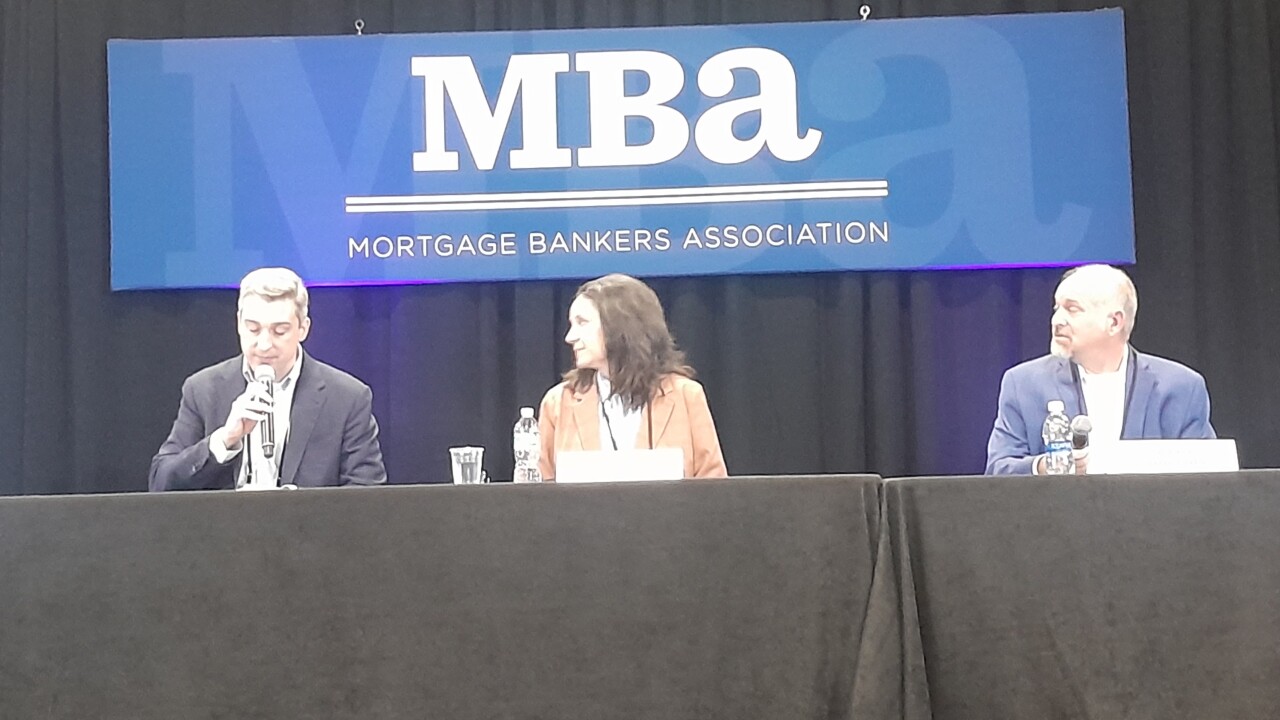-
The Treasury Department is expanding a whistleblower program, which currently deals only with anti-money-laundering violations, to include tips from employees of financial institutions that result in sanctions-related penalties.
November 5 -
A new rule allowing people with long-ago criminal convictions to find employment at credit unions is good for both the industry and for society at large.
November 3
-
U.S. Attorney Philip R. Sellinger said Oscar Marcelo Nunez-Flores, a New Jersey bank staffer of a bank unnamed in case documents, was arrested Wednesday after he allegedly took bribes to launder millions in drug money to Colombia.
November 1 -
As financial institutions increasingly rely on artificial intelligence for anti-money-laundering and fraud detection, they face challenges in meeting regulators' demands for complete transparency and documentation.
October 25 -
The final Community Reinvestment Act rule notably expands the definition of "large" banks to include banks with at least $2 billion of assets, requiring more banks to comply with the updated rules. That expanded scope is a feature, not a bug.
October 24 American Banker
American Banker -
After years of discussion among regulators, the Federal Reserve Board has approved changes to its CRA rules that will base compliance exams on where lending occurs rather than branch locations. The updates — set to take effect in January 2026 — also emphasize lending in lower-income areas as well as community development loans and investments.
October 24 -
The Treasury Department's Financial Crimes Enforcement Network issued an alert Friday calling on financial institutions to closely monitor and report suspected financial activities related to Hamas, including complex cryptocurrency transactions and through fictitious charities.
October 23 -
Regulators will now accept feedback until Jan 16, 2024 — a six-week extension — concurrent with a Federal Reserve effort to gather additional information about the potential implications of the proposed capital changes.
October 20 -
The Federal Reserve vice chair for supervision says the failure of Silicon Valley Bank showed the shortcomings of the current stress testing regime.
October 19 -
Not only could warehouse lines of credit be impacted by the U.S. version of international Basel rules, and financing secured by mortgage servicing rights may be, too.
October 17







